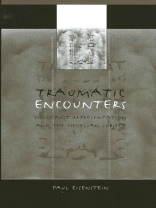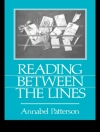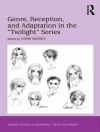Traumatic Encounters argues for an alternative memorial path in Holocaust and cultural studies—one that shows the vital necessity of thinking in a universal way about an event like the Holocaust. Relying on Hegel’s notion that the particular is already universal, Eisenstein shows how the encounter with trauma transpires not in the refusal of a universalizing gesture but rather in its wholesale embrace. This embrace results in a recognition involving the trauma that conditions the possibility of history in the first place—a structural trauma immune to historicization that Hegel and psychoanalysis place at the heart of subjectivity and community. This encounter with structural trauma is at the center of four titles that Eisenstein examines: Spielberg’s Schindler’s List, D. M. Thomas’s The White Hotel, Thomas Mann’s Doctor Faustus, and David Grossman’s See Under: Love
Содержание
Acknowledgments
Introduction
1. Holocaust Memory and Hegel
2. Obsession and the Meaning of Jewish Rescue: Oskar Schindler as Spirit
3. Hysteria as Deferral: The White Hotel and the Idea of Death
4. Leverkuhn as Witness: The Holocaust in Thomas Mann’s Doctor Faustus
5. History as/and Paranoia: David Grossman’s See Under: Love
Conclusion
Notes
Index
Об авторе
Paul Eisenstein is Associate Professor of English at Otterbein College.












